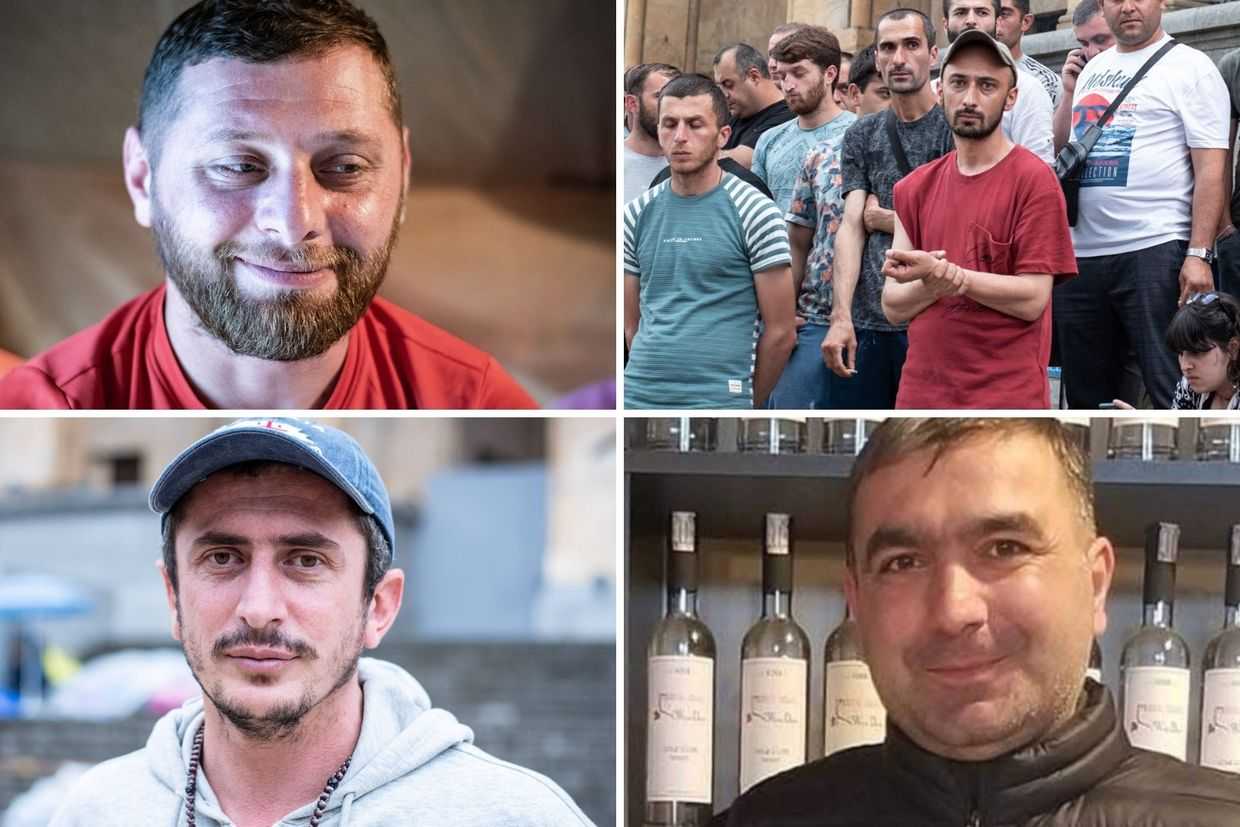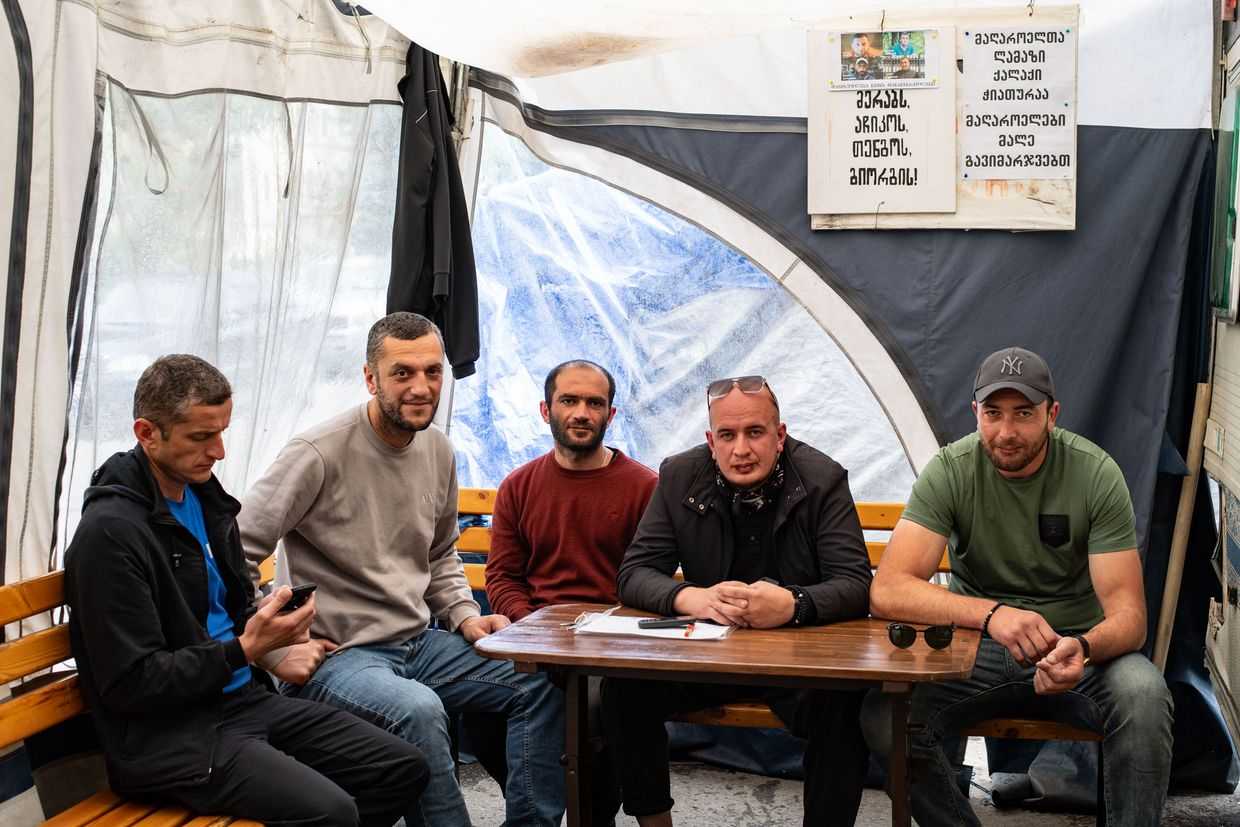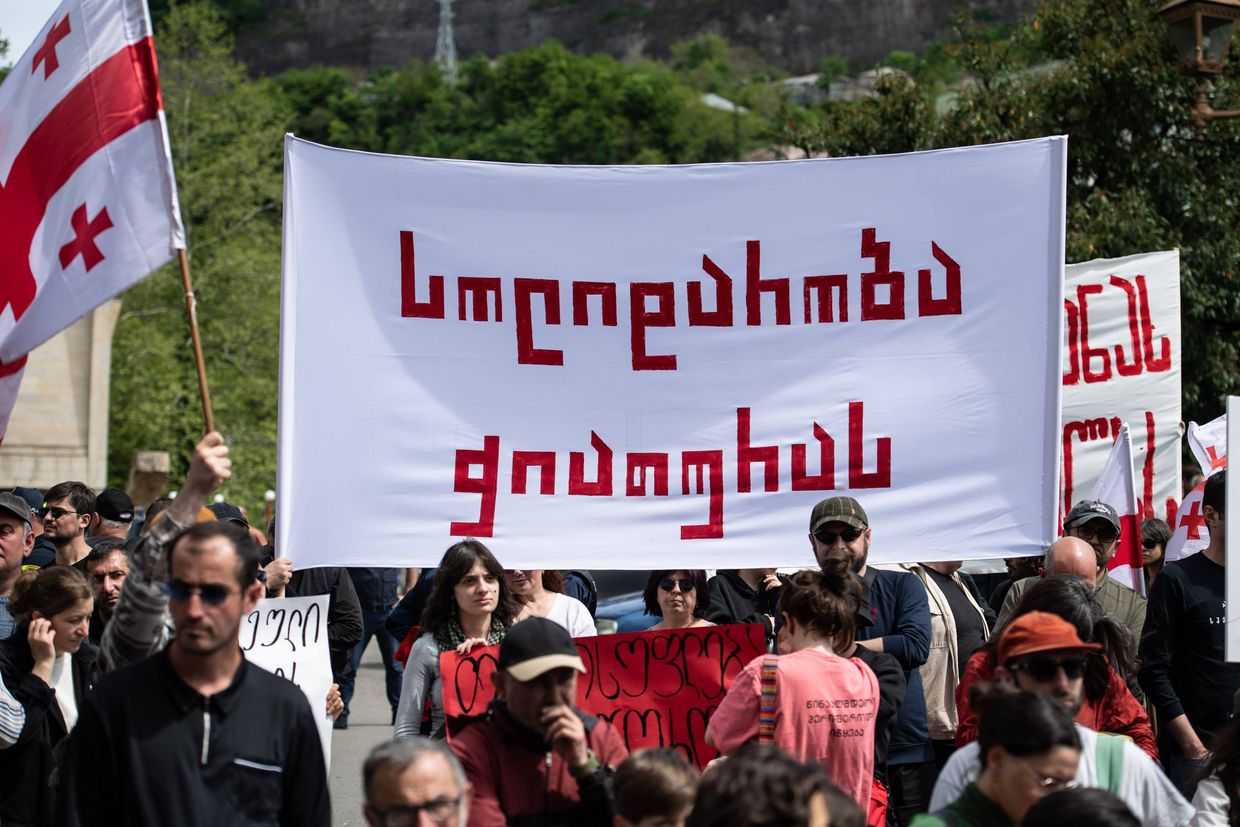
Manganese miners in the central Georgian mining town of Chiatura have gone on strike demanding higher pay and improved conditions.
Protesters told OC Media that more than 3,000 workers were on strike, ten of whom began a hunger strike on Monday.
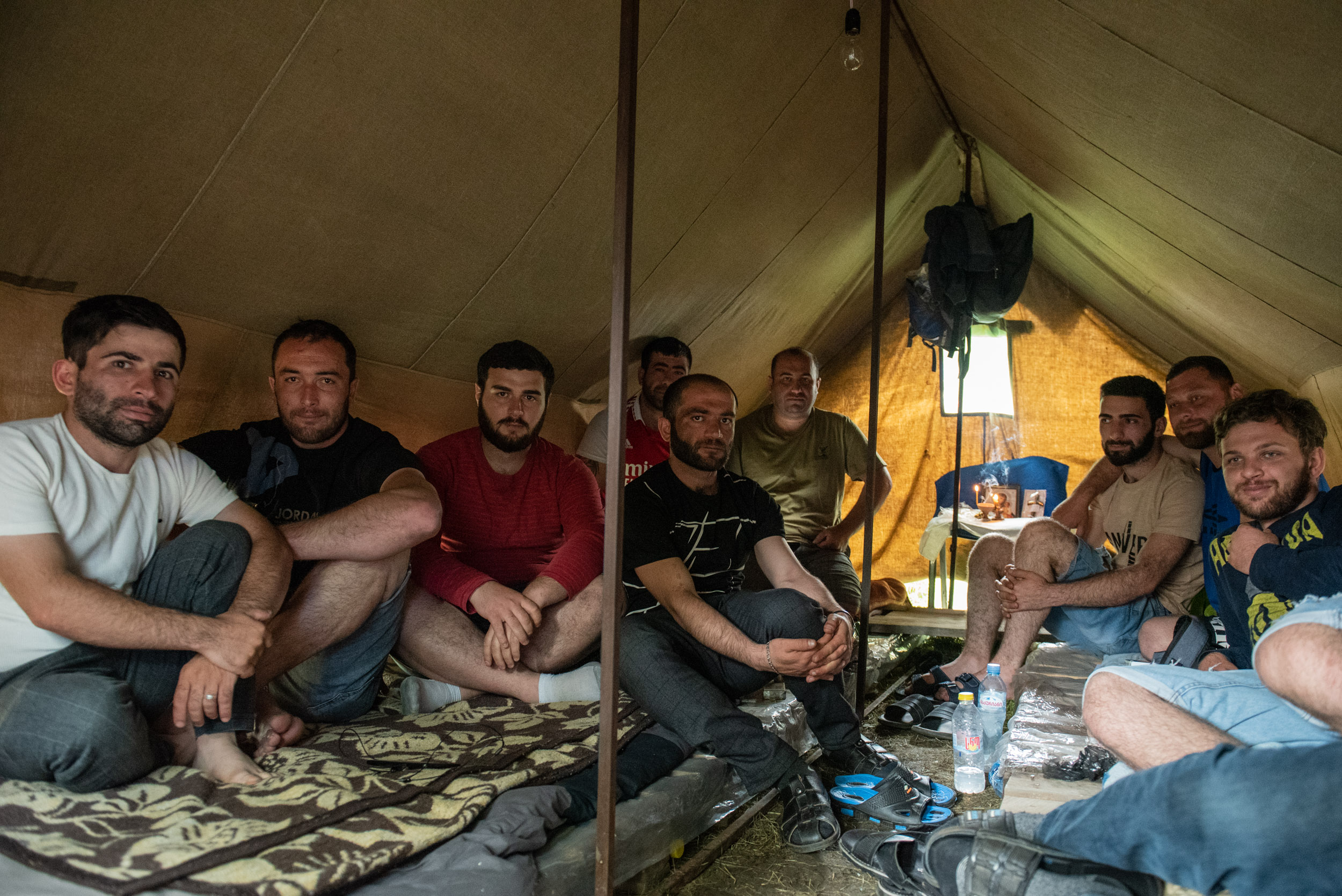
Their list of 24 demands includes increased pay, paid holidays and sick leave, better meals, switching to a more comprehensive health insurance plan, and improving the ecological situation in Chiatura, and that the mines fully reopen after work was limited in January.
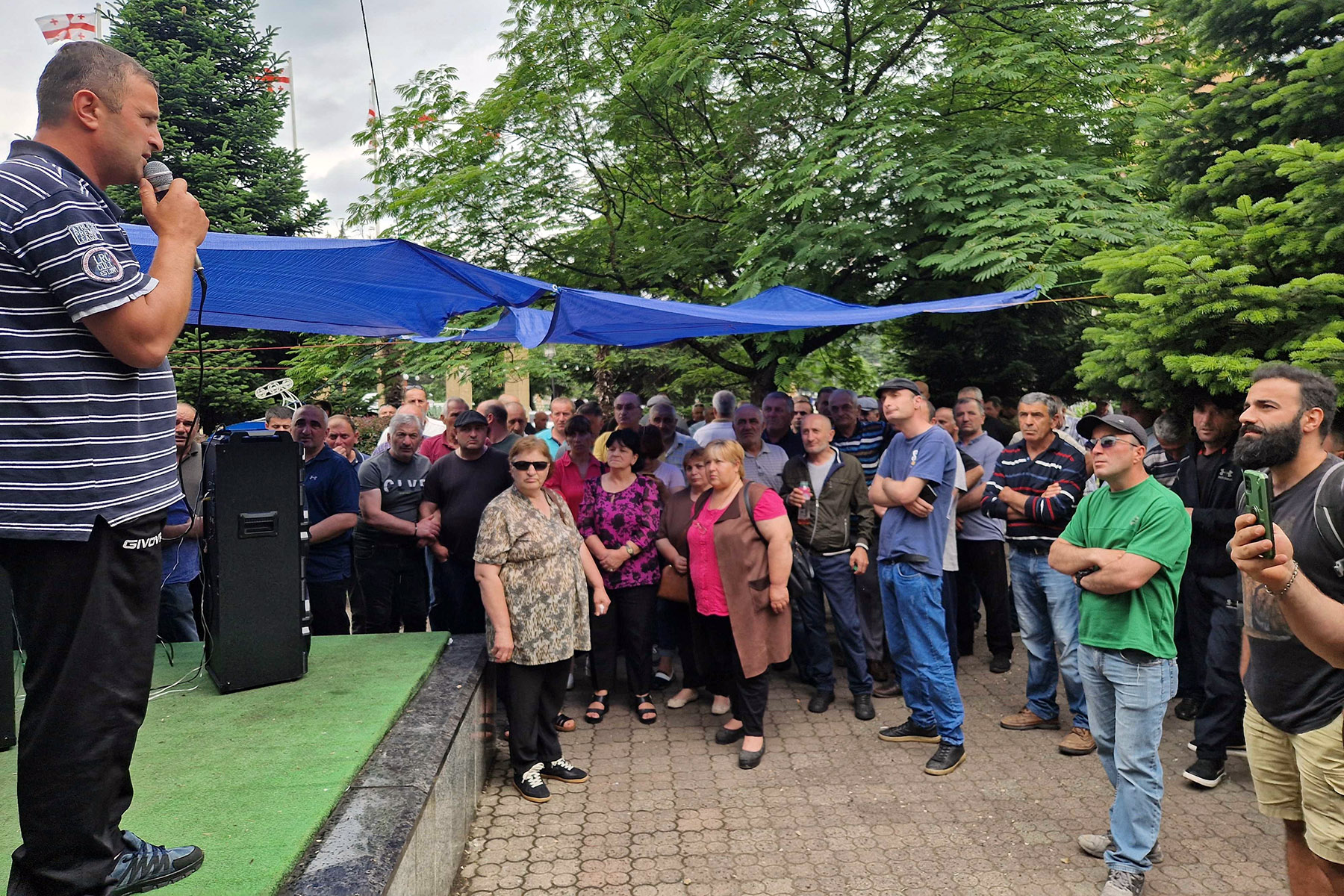
According to employees, most workers have been sent home with 60% salaries since the beginning of the year, with only those upholding the integrity of the tunnels continuing to work.
They have also accused the mining company, Georgian Manganese, of drastically increasing ore quotas for miners, which they say could put their lives at risk.
The manganese mines in Chiatura, by far the largest employer in the town, have frequently been hit by strikes and protests over the years, with questions raised over their safety record and damage done to the surrounding area, including people’s houses.
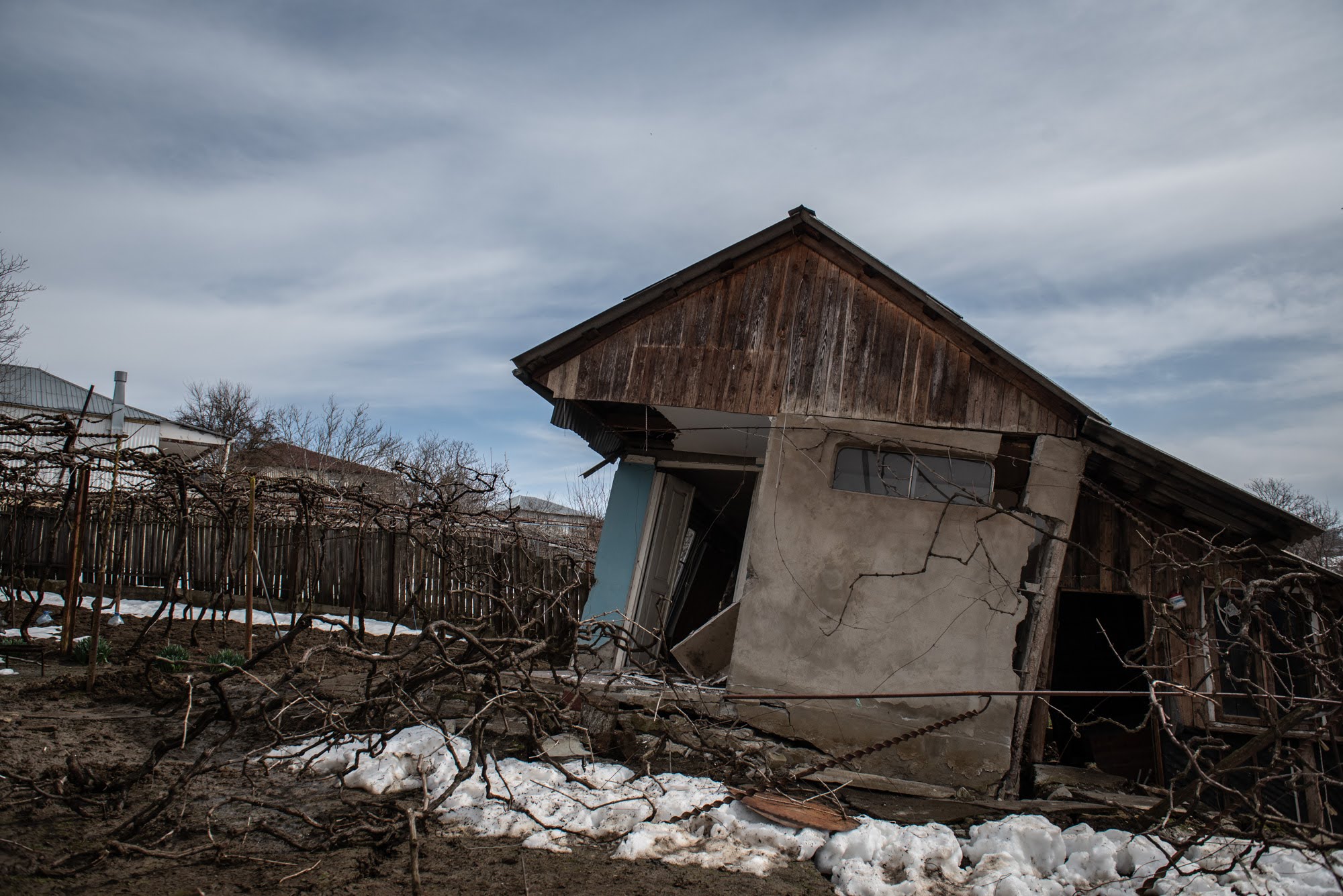
Georgian Manganese has blamed the limiting of shifts in the mines on a drop in the global demand for ferroalloys; in a statement on 9 June, they said they had not exported anything since the beginning of the year. They said they were forced to limit work in order to retain the employees and keep the company running, claiming they were losing money.
However, data from Georgia’s national statistics agency showed that ferroalloys, while down 28% from the previous year, were the country’s third largest export in January–February. The company later said these were leftover materials from the previous year.
Since the strike began on 6 June, company representatives have met with the protesters several times without result. Several striking workers told OC Media that instead of making them an offer, the company ridiculed them.
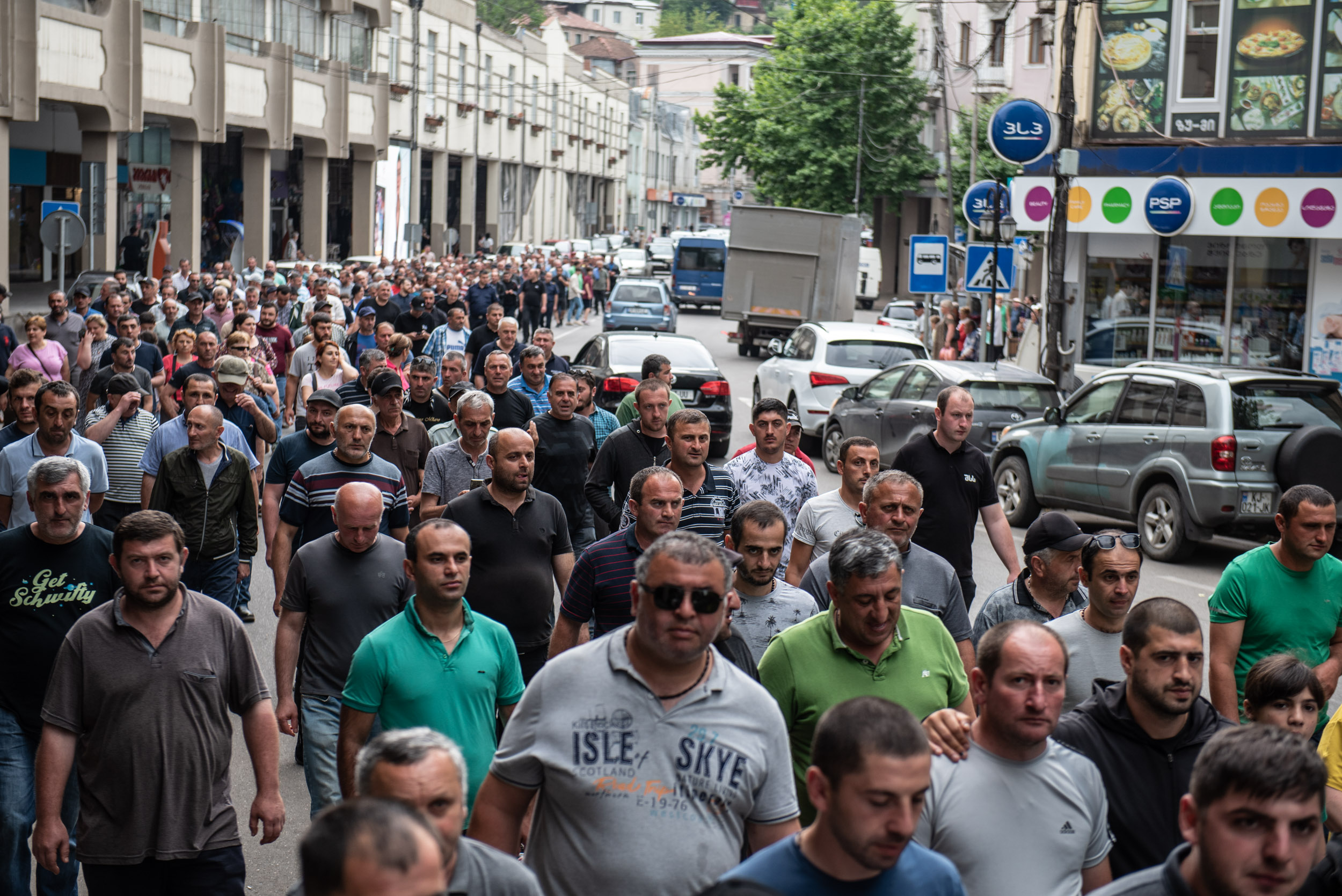
Georgian Manganese told journalists on Monday that they were continuing ‘constructive’ negotiations with the workers.
The protesters insist they will continue the strike until their demands are met.
Georgian Manganese did not respond to a request for comment on the workers’ claims.
‘Optimised’ work
In their statement following the start of the strike, Georgian Manganese said they expected the market to improve by September, and said they were already beginning to call some employees back to work.
The company said they planned to ‘optimise’ work in the mines.
However, workers have said that those called back are subject to ‘inhumane demands’. These included more ambitious extraction plans over reduced shifts. They said this would also mean reducing their salaries to the rate prior to 1 February, which resulted in a strike at the time.
Merab Saralidze, who has worked at the mines for seven years, was among those to go on hunger strike on Monday over disappointment over the company’s attitude, he said.
‘When we were called back to work after these three months, we had to face a completely different picture. They introduced increased daily plans that would increase our workload by 40%. This is very difficult. You need to invest twice as much effort in it without extra payment’, Saralidze told OC Media.
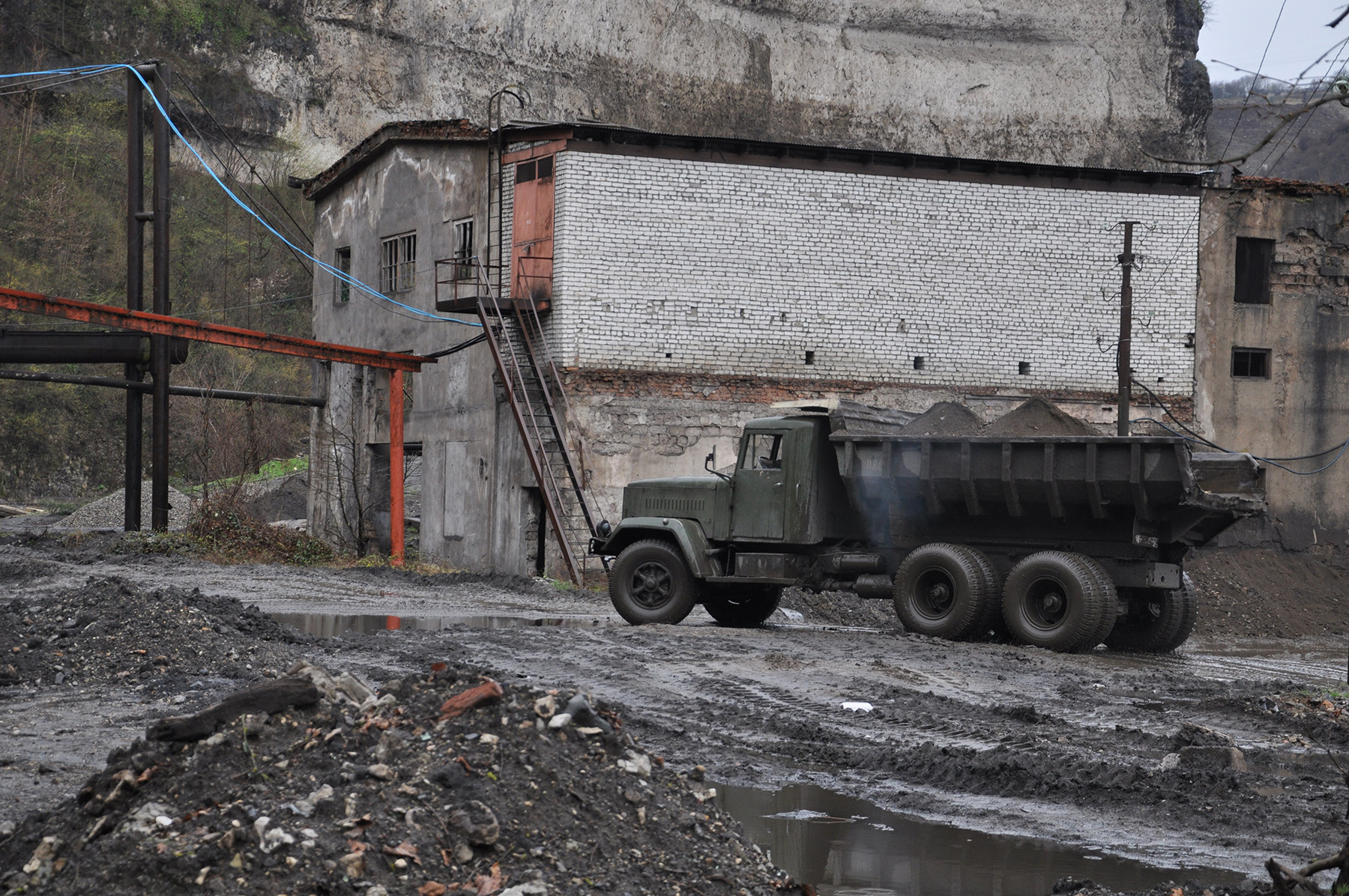
Saralidze said that as one of those drilling new tunnels, his job was amongst the most dangerous.
‘We think it is physically impossible to do so much work. We harm our health at this job, we risk our lives’, he said.
Bad conditions
In addition to their demands around pay and the new working conditions, the list of grievances includes many demands that have been present in previous strikes.
Several workers told OC Media they were concerned that safety was not taken seriously and that they faced constant problems with equipment and uniforms.
‘Nineteen out of these 24 demands are things that the company is obliged to be taking care of, including the ecological situation in Chiatura’, said Davit Chinchaladze, who has worked in the mines for three years.
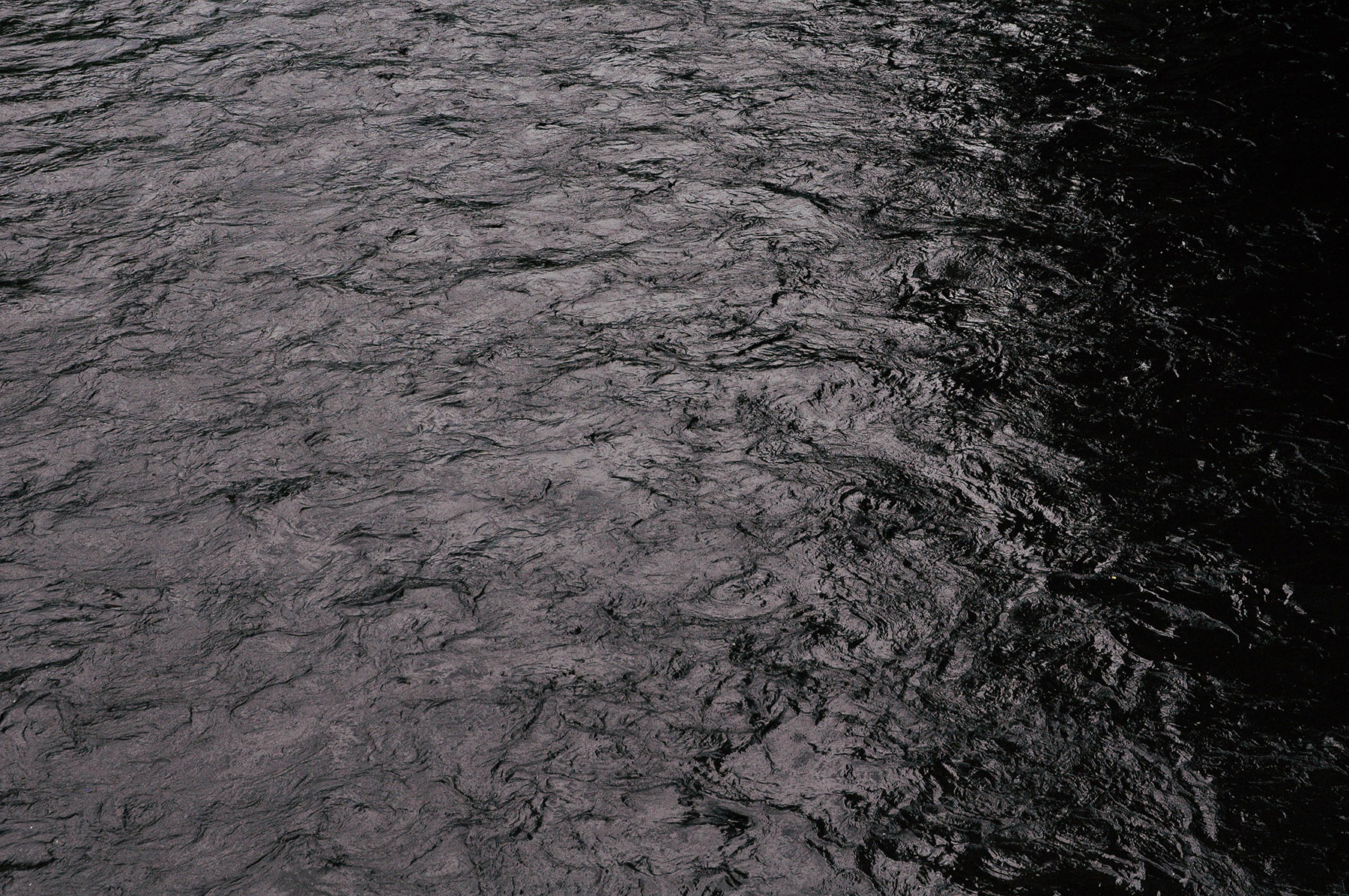
In 2017, a court appointed Nikoloz Chikovani, the former head of Georgian Manganese’s Zestaponi Ferroallying plant as special manager of the company. The court ruled that the company had created ‘extremely severe ecological conditions’ in Chiatura and that the special manager was being appointed to improve the situation. However, local residents and activists have said the environmental situation remains grave six years since his appointment.
Chikovani has not met with protesters or made any comments regarding the strike.
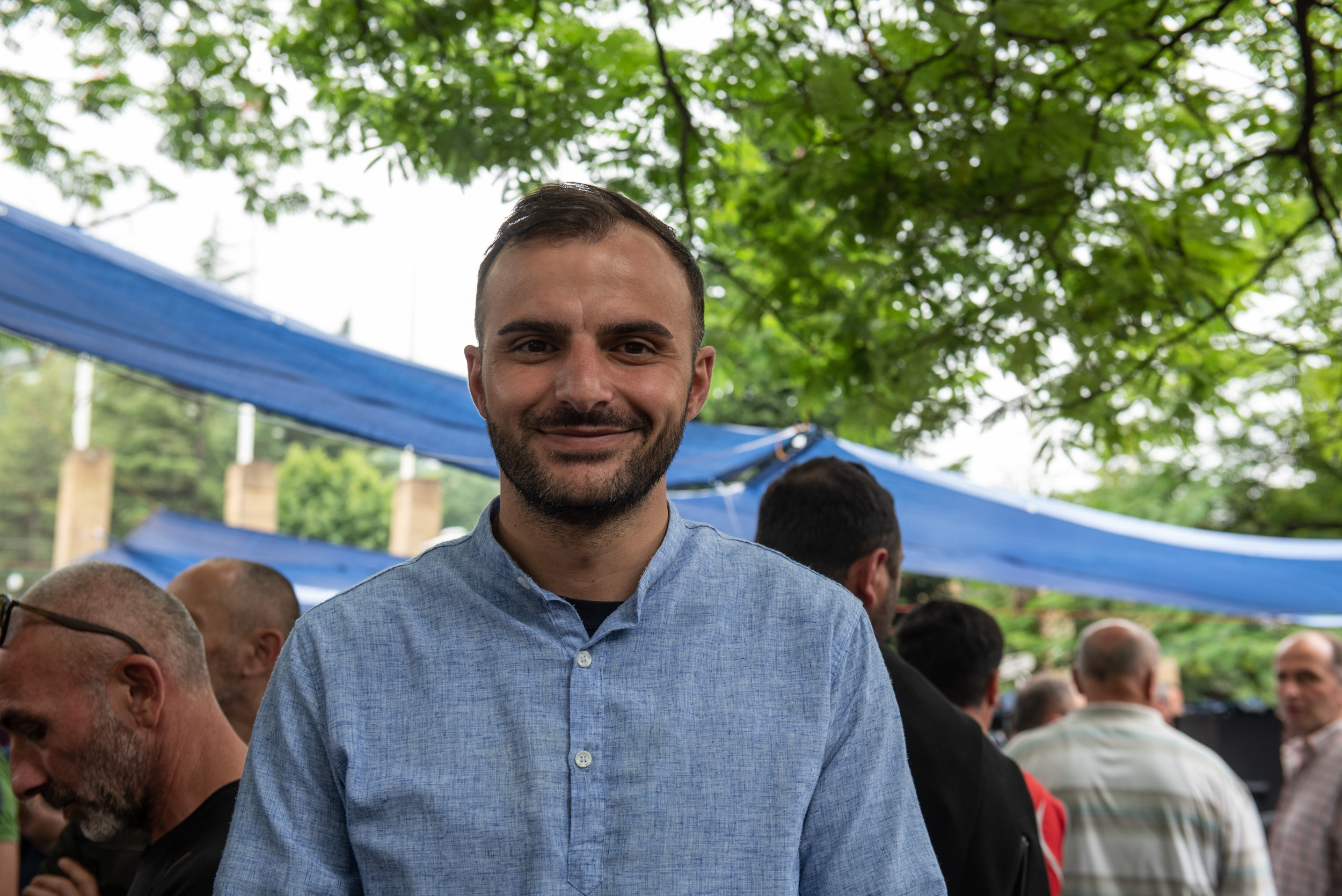
‘These are demands that are already in contracts’, Chinchaladze told OC Media. ‘If the meal is bad, I don’t have good equipment, I don’t have a proper bath, safety — these are all in our contracts’,
He added that during strikes the company regularly promised to improve such issues, which they were already obliged to do.
‘They say, we’ll fulfil those 19 demands but not that one and the one they don’t want to fulfil is increased payments. This is injustice’, he said.



